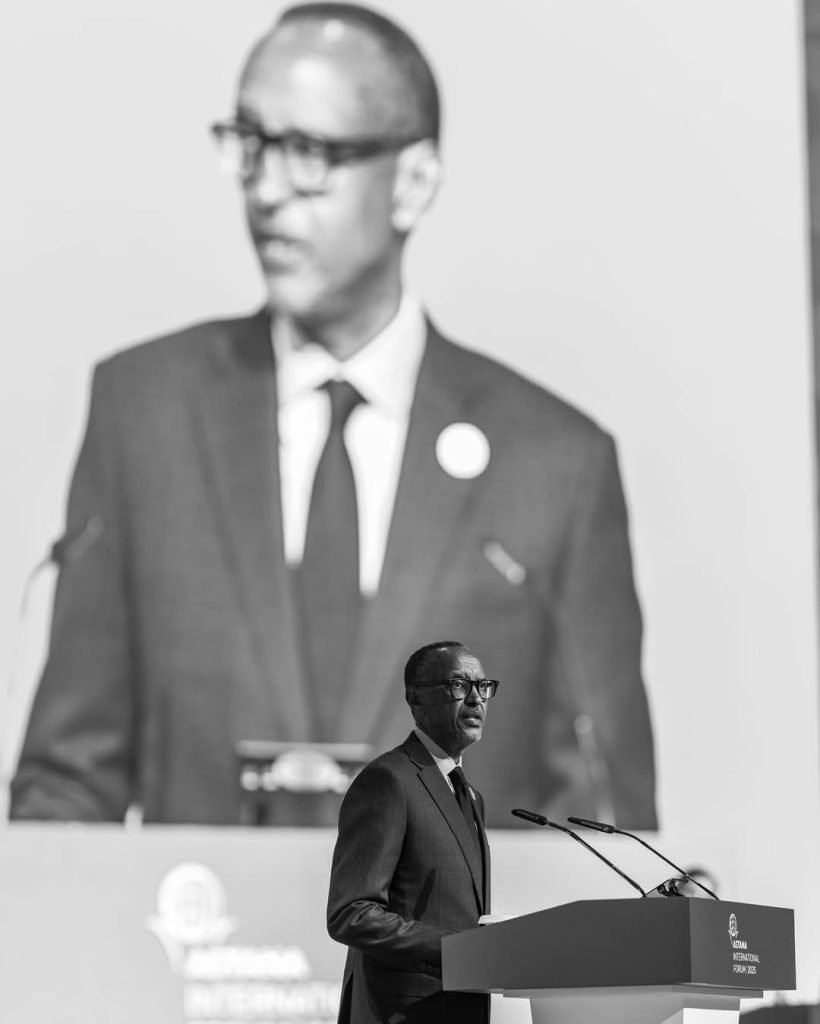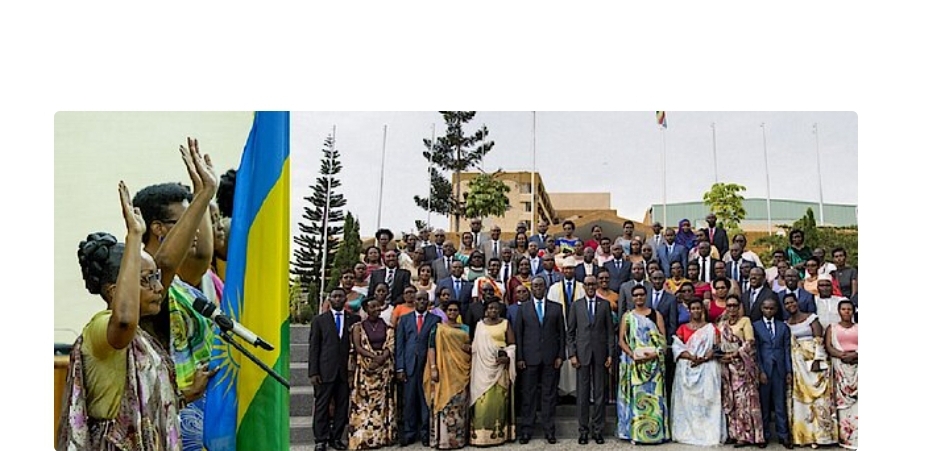If asked about Rwanda’s remarkable journey of self-development since 1994, particularly its progress and the empowerment of its post-2000 generation, the answer lies not in a single revelation, but in a deliberate, multi-faceted strategy.
This “Rwandan Secret” is a testament to resolute leadership, an unwavering commitment to unity, long-term vision, and inclusive policies designed to uplift every citizen.
As President Paul Kagame once put it, “It is not a secret or some kind of magic. It is just being decided. And for us, the tragic history has also helped us because we had to make a decision- whether we disappear on the face of this earth because of the tragedy or to come out doing the best we can for ourselves and moving on with some progress.”
Leadership and governance
At the heart of Rwanda’s transformation is a model of leadership rooted in vision and good governance. Following the 1994 Genocide against the Tutsi, President Paul Kagame spearheaded a new form of governance that unequivocally prioritized national unity, reconciliation, and collective development.
This approach fosters citizen-centered governance, with security, peace, and sustainable development as its bedrock. Programs like “Imihigo” (performance contracts) are integral, ensuring accountability and measurable progress at local levels, a testament to the government’s commitment to tangible results.

“The accountability that ensures that everything we do is aimed at achieving a certain goal. We don’t allow diversions of different kinds that would eat away what we have invested in,” Kagame emphasized, highlighting the discipline driving their efforts.
Unity and reconciliation
A profound emphasis on unity and reconciliation has been paramount. The nation courageously confronted its past through the Gacaca courts, a community-based justice system that addressed an overwhelming number of genocide-related cases, promoting both justice and healing.
National efforts relentlessly educate citizens about the genocide, fostering social cohesion and rebuilding the country as one unified people.
“We chose to stay together,” President Kagame stated during the 20th Commemoration of the Genocide Against the Tutsi. “When we extended comprehensive new education and health benefits to all our citizens, we were choosing to be together.”
This commitment is further solidified through “Umuganda,” a mandatory community service where citizens join together for national development, including infrastructure projects and battling injustice, especially corruption.
Long-term strategic planning
Rwanda’s progress is steered by ambitious long-term development strategies. Vision 2020 was designed to lift Rwanda out of poverty and establish a knowledge-based economy. Building on its successes, Vision 2050 now guides the nation, focusing on driving growth through innovation, industry, technology, and services, setting a clear trajectory for future generations.
Investment in education and healthcare
The nation has made prioritizing education and healthcare a cornerstone of its development. The government introduced free basic education (12-Year Basic Education), significantly boosting school enrollment and literacy rates across the country, ensuring that the youth have foundational skills.
Additionally, the inclusive Community Health Insurance (Mutuelle de Santé) scheme has ensured that over 90% of Rwandans have access to healthcare, fostering a healthier and more productive young population. “There’s a direct correlation between human capital, economic growth, and stability. Our people come first. That is why we invest heavily in healthcare, education, and the best infrastructure,” President Kagame affirmed.
Technology and innovation
The nation is also building a robust innovation ecosystem, notably with the Kigali Innovation City (KIC), a burgeoning tech hub that integrates universities (like CMU-Africa), research facilities, startups, and established tech companies.
Furthermore, the Digital Transformation Center Rwanda, a joint initiative, actively supports the development and adoption of emerging technologies such as Artificial Intelligence (AI), Internet of Things (IoT), and blockchain.
Practical applications of this technological drive are evident in projects like Zipline, which utilizes drones for medical supply delivery to remote areas, and SafeMotos, a ride-hailing platform improving urban transportation safety.
The National Robotics Program is integrated into schools nationwide, equipping students with future-ready skills, while Smart Cities Initiatives empower local businesses and co-design tech solutions for urban challenges.
These comprehensive efforts, including the ambitious Rwanda Digital Acceleration Project, underscore Rwanda’s commitment to becoming a continental leader in digital transformation.
The creation of the Irembo platform, for instance, allows citizens to access most government services online, greatly enhancing efficiency and transparency, a critical factor in engaging the digitally native 2000 generation.
Private sector growth and empowerment
Driving private sector growth and an attractive investment climate has been key. Rwanda implemented investor-friendly policies, earning recognition as one of the easiest places to do business in Africa.
Major infrastructure projects like the Kigali Convention Centre, Bugesera International Airport, and the development of modern financial services have significantly bolstered economic transformation. This strategic shift has also reduced dependence on foreign aid, a stark contrast to the 1990s when external funding was the primary source.
Gender equality and social pillars

The nation’s commitment to gender equality and empowerment is globally recognized, with Rwanda boasting one of the highest percentages of women in parliament worldwide (over 61%). Strong policies are consistently put in place to empower both women and youth, ensuring inclusive growth that harnesses the full potential of all its citizens.
As President Kagame logically explained, “It is simple logic to empower women because 52% are women and questioned what would happen if excluded… It is the country that gains. That is our thinking, and it has proven us right.”
Finally, security and cleanliness serve as pillars of growth, providing the stable foundation for all other achievements. Rwanda has invested heavily in national security and public hygiene, cultivating an environment that is not only safe for residents but also highly attractive to investors.
Cities like Kigali, Bugesera, and Musanze are internationally celebrated for their cleanliness, serving as models for urban development and contributing to a high quality of life that directly benefits young people and fosters a sense of national pride.





